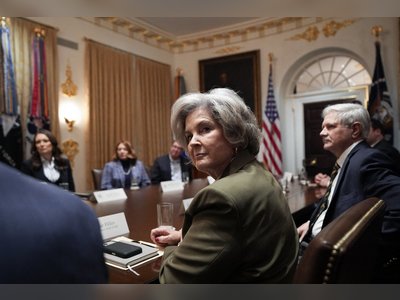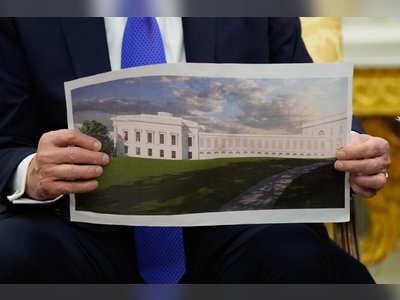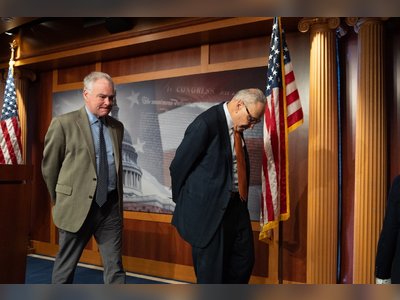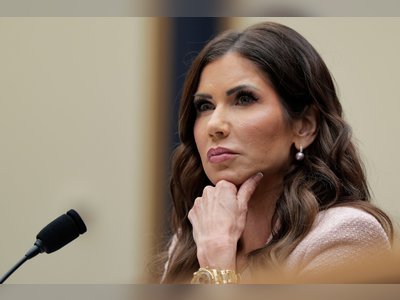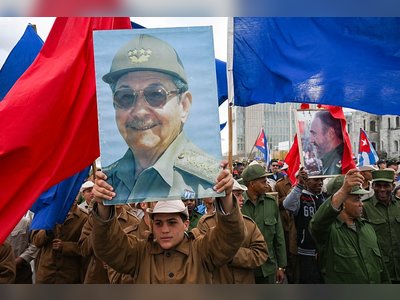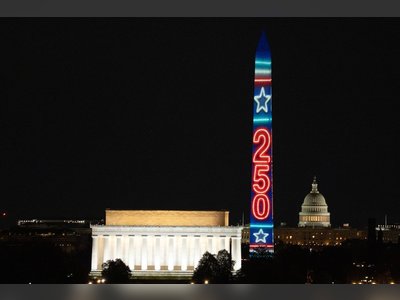
Putin Rejects U.S. Ceasefire Proposal Amid Ongoing Conflict with Ukraine
Former Ukrainian PM Arseniy Yatsenyuk details Kremlin's stance on peace negotiations following Trump-Putin call.
Arseniy Yatsenyuk, the former Prime Minister of Ukraine, has stated that Russian President Vladimir Putin has "bluntly rejected" the U.S. ceasefire plan during a recent phone call with U.S. President Donald Trump.
The discussions, which aimed to address the ongoing conflict in Ukraine, included proposals for halting attacks on energy infrastructure; however, Yatsenyuk indicated that this initiative should not be seen as a success.
Following the call on Tuesday, Russia targeted a Ukrainian energy facility, highlighting the ongoing hostilities.
U.S. officials expressed hope that the discussions could lead to a broader 30-day pause in fighting, a proposal that Putin did not endorse.
Ukrainian President Volodymyr Zelenskyy has expressed skepticism regarding Putin's willingness to pursue peace, a sentiment echoed by Yatsenyuk.
"Putin blatantly and bluntly rejected Trump's idea to impose a 30-day ceasefire, period.
This is the reality and this is the truth," Yatsenyuk stated, underscoring the difficulties in reaching a comprehensive agreement.
The White House deemed the call a preliminary step towards achieving peace, with aspirations for a maritime ceasefire in the Black Sea and an ultimate cessation of hostilities.
Immediate negotiations are set to commence in the Middle East to explore these possibilities further.
In the aftermath of the call, air raid alerts were activated in Kyiv, followed by reports of explosions in the city, prompting local officials to advise citizens to seek shelter.
Yatsenyuk interpreted recent events as Russia's strategic effort to influence U.S. diplomacy regarding Ukraine, suggesting that Putin seeks to compel concessions from the Ukrainian government.
Most notably, Putin's demands reportedly include Ukraine’s disarmament and significant changes to the post-Second World War global order, particularly with respect to NATO's eastern flank.
Keir Starmer and Emmanuel Macron have been engaged in mediatory roles between the U.S. and Ukraine during this tense period.
Yatsenyuk acknowledged their efforts, stating, "He mended the fences between Ukraine and the United States.
We do understand that we need to have Americans on board." He commended the U.S. leadership, framing it as crucial for maintaining stability in Europe.
The discussions, which aimed to address the ongoing conflict in Ukraine, included proposals for halting attacks on energy infrastructure; however, Yatsenyuk indicated that this initiative should not be seen as a success.
Following the call on Tuesday, Russia targeted a Ukrainian energy facility, highlighting the ongoing hostilities.
U.S. officials expressed hope that the discussions could lead to a broader 30-day pause in fighting, a proposal that Putin did not endorse.
Ukrainian President Volodymyr Zelenskyy has expressed skepticism regarding Putin's willingness to pursue peace, a sentiment echoed by Yatsenyuk.
"Putin blatantly and bluntly rejected Trump's idea to impose a 30-day ceasefire, period.
This is the reality and this is the truth," Yatsenyuk stated, underscoring the difficulties in reaching a comprehensive agreement.
The White House deemed the call a preliminary step towards achieving peace, with aspirations for a maritime ceasefire in the Black Sea and an ultimate cessation of hostilities.
Immediate negotiations are set to commence in the Middle East to explore these possibilities further.
In the aftermath of the call, air raid alerts were activated in Kyiv, followed by reports of explosions in the city, prompting local officials to advise citizens to seek shelter.
Yatsenyuk interpreted recent events as Russia's strategic effort to influence U.S. diplomacy regarding Ukraine, suggesting that Putin seeks to compel concessions from the Ukrainian government.
Most notably, Putin's demands reportedly include Ukraine’s disarmament and significant changes to the post-Second World War global order, particularly with respect to NATO's eastern flank.
Keir Starmer and Emmanuel Macron have been engaged in mediatory roles between the U.S. and Ukraine during this tense period.
Yatsenyuk acknowledged their efforts, stating, "He mended the fences between Ukraine and the United States.
We do understand that we need to have Americans on board." He commended the U.S. leadership, framing it as crucial for maintaining stability in Europe.


